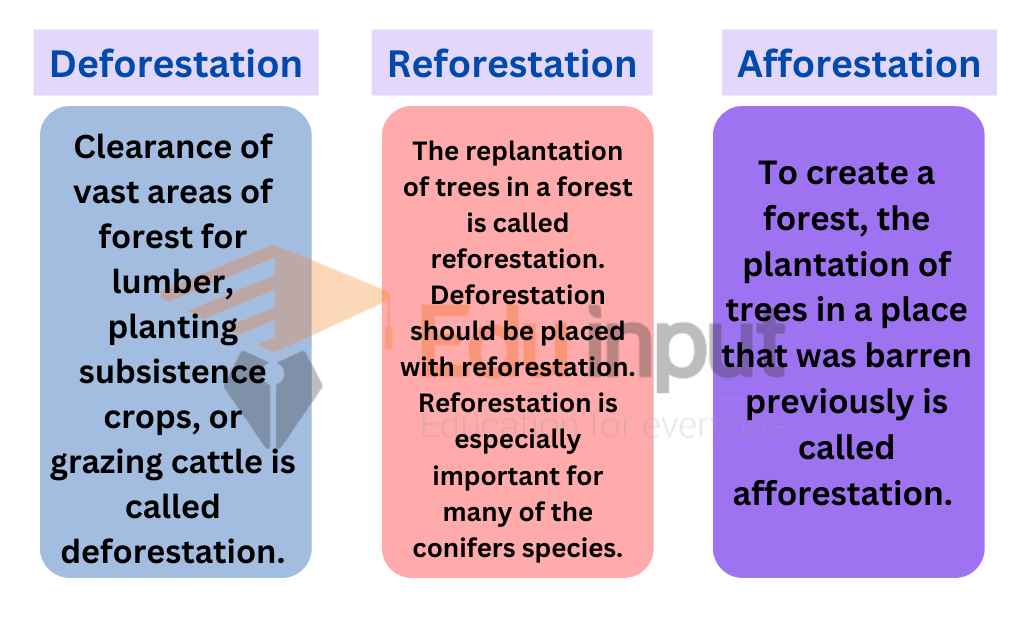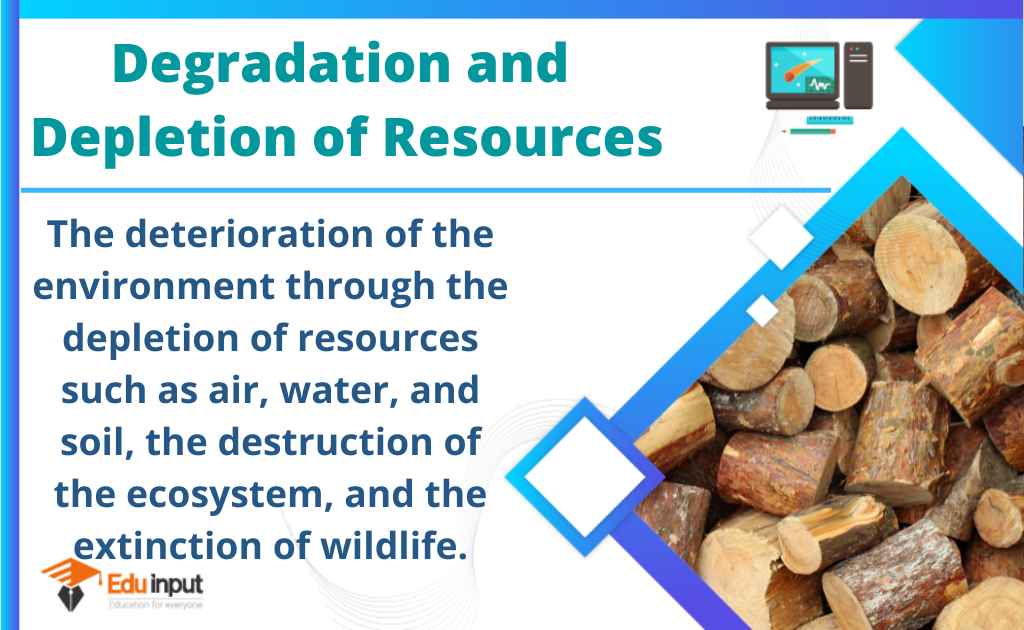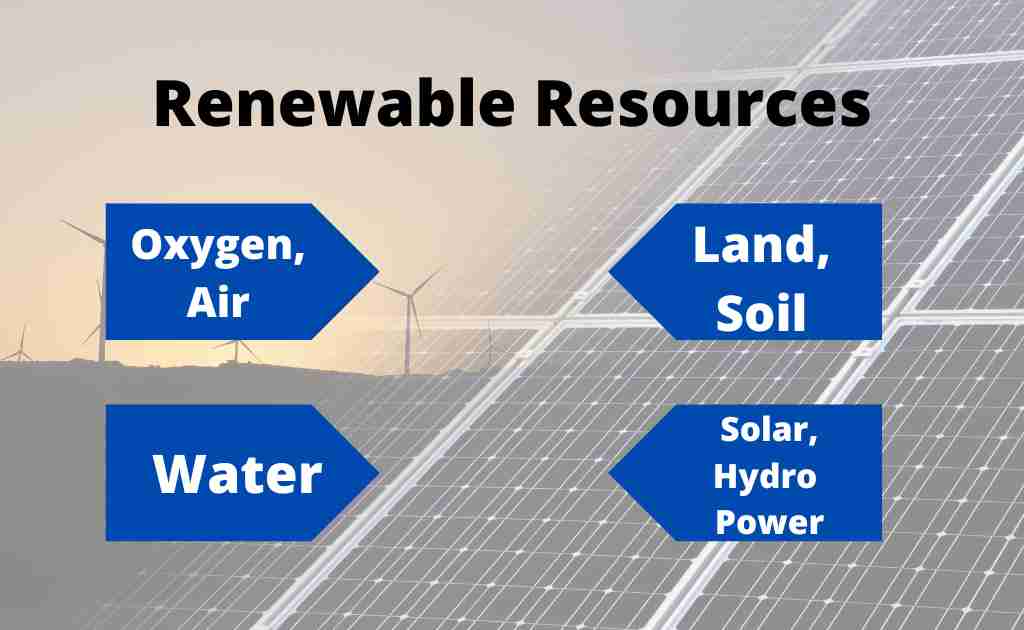What is Pollution?-Types and Its Impact on Ecosystem
Any detrimental change in an ecosystem is called pollution. When we talk about pollution, we’re talking about the introduction of harmful materials – we call them pollutants – into our environment. These pollutants can come from natural sources, like when a volcano erupts and releases ash into the air. But they can also come from human activity.
For example, when factories release harmful chemicals into the water or when people carelessly litter. Pollution is a serious problem that can damage the quality of air, water, and land. That’s why it’s so important to reduce pollution whenever we can. Most types of pollution are caused by human activities. As the world’s population continues to grow, so does the demand for goods and services. This increase in demand leads to more pollution.
1. Water Population
There are many forms of water pollution. Some pollutants, like those produced by industries or human waste, can persist for centuries. When these pollutants end up in groundwater, lakes, and oceans, the water becomes unfit for human consumption.
2. Air Pollution
Air pollution is also a serious problem. It has the following effects:
(a) Acid deposition or acid rain:
Burning fossil fuels releases sulfur dioxide and nitrogen oxides. Sulfur dioxide and water combine to produce sulfuric acid. It falls as acid deposition (acid rain). Acid deposition lowers the pH of lakes.
(b) Greenhouse effect:
The burning of fuel produces carbon dioxide. It accumulates in the atmosphere. Thus it causes the greenhouse effect Carbon dioxide forms a layer. This layer reflects solar radiation to the earth. This reflection of solar radiation causes an increase in world temperature. This high temperature melts the polar ice caps. Thus ocean levels rise.
(c) Depletion of ozone layer:
The aerosol cans, air conditioners, and refrigerators release chlorinated fluorocarbons. This compound causes depletion of the ozone layer. Ozone is an ultraviolet filter of the earth. Ultraviolet radiations cause skin cancer. Thus depletion of the ozone layer increases the incidences of skin cancer.
(d) Biological magnification:
The accumulation of matter in food webs is called biological magnification. Wastes and poisons enter into food webs. The organism of the highest trophic levels most severely suffers.
Tiny amounts of a toxin are incorporated into primary production. The herbivores eat primary production. Therefore, poison concentrates in the tissues of herbivores. Carnivores feed on herbivores. The poison becomes more concentrated in the carnivore. This problem becomes severe when the material is not biodegradable. All of this accumulation of poison is biological magnification.
Land Pollution
Many of the pollutants that damage the quality of water can also hurt the land. For example, mining can sometimes lead to soil contamination with dangerous chemicals.

 written by
written by 




Leave a Reply